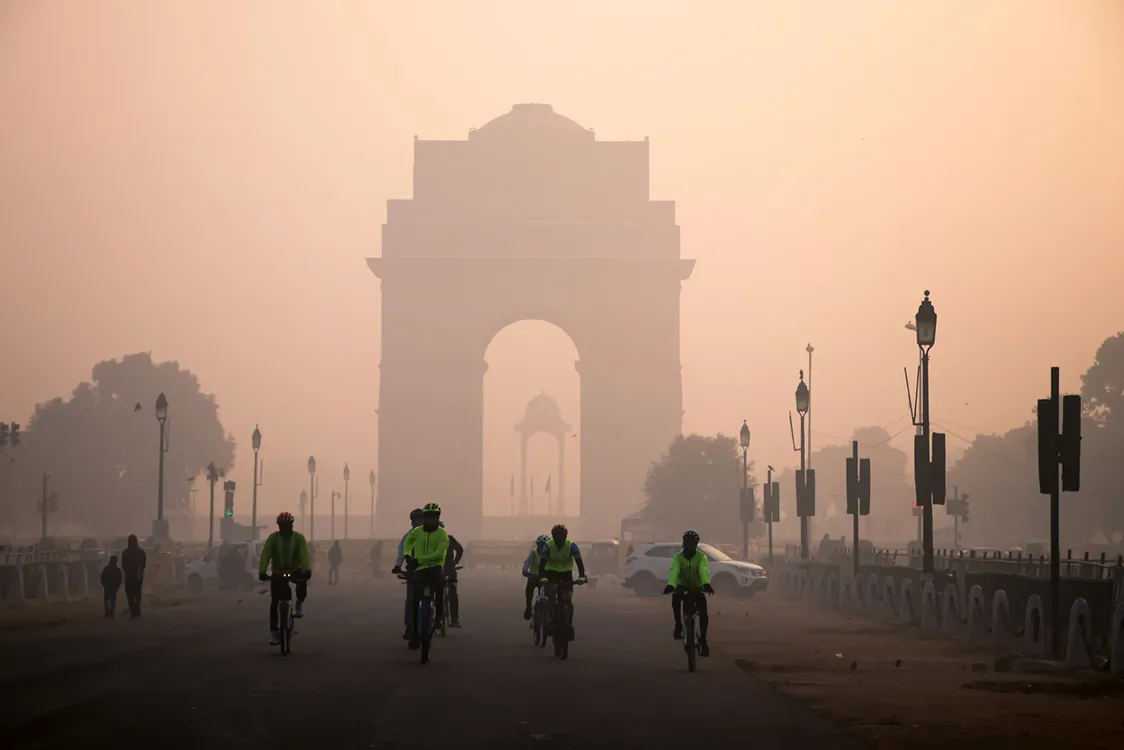As part of its Graded Response Action Plan, the Commission for Air Quality Management (CAQM), a Union government panel that makes recommendations for reducing air pollution in the nation’s capital, had earlier on Sunday announced a temporary ban on construction and demolition activities in Delhi-NCR (GRAP). The announcement was made after Delhi, and the national capital region’s air quality crossed the “severe” threshold.
New Delhi: On Monday, the System of Air Quality and Weather Forecasting and Research reported that the Air Quality Index (AQI) was 340. (SAFAR).
The Air Quality Index ranges from 0 to 100, with 100 to 200 being considered good, 200 to 300 being poor, 300 to 400 being very poor, and 400 to 500 or higher considered severe.
As part of its Graded Response Action Plan, the Commission for Air Quality Management (CAQM), a Union government panel that makes recommendations for reducing air pollution in the nation’s capital, had earlier on Sunday announced a temporary ban on construction and demolition activities in Delhi-NCR (GRAP). The announcement was made after Delhi, and the surrounding area’s air quality fell into the “severe” category.
As the AQI in Delhi has slipped into the “severe” category, the sub-committee decided that all actions, as envisaged under Stage III of the GRAP, be implemented in right earnest by all the agencies concerned, with immediate effect in the NCR, addition to all action under Stage I and Stage II of the GRAP. This was stated in a release from the CAQM, which on Sunday chaired a meeting to review the air quality in Delhi-NCR.
According to the Central Pollution Control Board, Delhi’s overall Air Quality Index (AQI) was 407 on December 4. The panel also noted that the air quality had further deteriorated over the previous 24 hours (CPCB).
Construction is temporarily prohibited, according to the CAQM, “except Metro Rail services, including stations; airport and interstate bus terminals; railway services/stations; national security/defense-related activities/projects of national importance; hospitals/healthcare facilities; linear public projects such as highways, roads, flyovers, overbridges, power transmission, pipelines; sanitation projects like sewage treatment plants and water supply projects,”
The CAQM order also exempted from the restrictions those involved in the production of life-saving medical equipment, drugs, and medicines. This included milk and dairy units.
The System of Air Quality and Weather Forecasting and Research reported the Air Quality Index (AQI) for the national capital at 323 earlier on Saturday (SAFAR).




